As the temperatures rise and the summer season approaches, ensuring your home stays cool and comfortable becomes a top priority. Selecting the right air conditioner can make a significant difference in your indoor environment. Here’s our air conditioner guide.
With a multitude of options available, it’s essential to understand the key factors to consider when choosing the perfect air conditioner for your needs.
Assess Your Needs
The first step in selecting an air conditioner is to assess your cooling needs. Consider the size of the room or space you need to cool. Larger rooms may require more powerful units or multiple air conditioners, while smaller spaces may suffice with a single unit.
Air Conditioner Guide: Types of Air Conditioners
There are several types of air conditioners to choose from, each with its own advantages and considerations:

- Split Type Air Conditioners:
- Installation: Split systems consist of two main components: an indoor unit and an outdoor compressor. They require professional installation, typically involving mounting the indoor unit on a wall and positioning the outdoor compressor unit outside the building.
- Flexibility: Split systems offer flexibility in installation, as the indoor unit can be placed in various locations within the room, and the outdoor unit can be positioned outside the building.
- Quiet Operation: Split type air conditioners are known for their quiet operation, making them suitable for bedrooms and other quiet spaces where noise is a concern.
- Cooling Capacity: Split systems are available in various cooling capacities, making them suitable for both small and large spaces.

- Window Type Air Conditioners:
- Installation: Window units are installed directly in a window or through a wall opening. They are relatively easy to install and do not require extensive modifications to the building structure.
- Cost-Effectiveness: Window air conditioners are typically more affordable than split systems and portable units, making them a popular choice for budget-conscious consumers.
- Space Efficiency: Since window units are installed in the window, they do not take up valuable floor space within the room.
- Cooling Efficiency: Window air conditioners are known for their efficient cooling performance, making them suitable for cooling individual rooms or small spaces.

- Portable Air Conditioners:
- Portability: Portable units are designed to be moved from room to room as needed. They typically come with caster wheels for easy mobility.
- Installation: Portable air conditioners do not require permanent installation and can be set up quickly without the need for mounting or complex installation procedures.
- Versatility: Portable units are ideal for spaces where permanent installation is not feasible or for renters who cannot make modifications to the property.
- Ventilation Requirements: Portable air conditioners require proper ventilation, usually through a window or vent kit provided with the unit, to expel hot air generated during the cooling process.
- Cooling Capacity: While portable air conditioners offer convenience and versatility, they may have lower cooling capacities compared to split systems or window units, making them more suitable for smaller spaces or supplemental cooling.
Energy Efficiency

Energy efficiency is a crucial factor to consider when choosing an air conditioner. Look for models with high Energy Efficiency Ratio (EER) ratings, as they consume less energy and can help save on electricity bills in the long run.
Capacity
Ensure the air conditioner’s cooling capacity matches the size of the room. An undersized unit will struggle to cool the space effectively, while an oversized unit may cycle on and off frequently, leading to energy wastage.
Air Conditioner Guide: Features
Consider the following features when selecting an air conditioner:
- Adjustable Thermostat: Allows you to set the desired temperature for optimal comfort.
- Fan Speeds: Multiple fan speeds provide flexibility and energy efficiency.
- Timer: Schedule the unit to turn on or off at specific times for convenience and energy savings.
- Remote Control: Easily adjust settings from across the room for added convenience.
- Air Quality Features: Choose units with filters to remove dust, allergens, and other airborne particles for improved indoor air quality.
Noise Level
Take into account the noise level of the air conditioner, especially if you plan to use it in bedrooms or other quiet spaces. Look for models with low noise ratings for a peaceful indoor environment.
Air Conditioner Guide: Installation and Maintenance
Consider the ease of installation and maintenance when selecting an air conditioner. Some models may require professional installation, while others can be installed DIY. Regular maintenance, such as cleaning or replacing filters, is essential for optimal performance and longevity.
- Budget: Determine your budget and look for options that offer the best value for money. Consider not only the initial cost but also the energy efficiency and long-term maintenance costs.
- Brand Reputation and Warranty: Choose reputable brands known for quality and reliability. Check the warranty terms and coverage to ensure peace of mind in case of any issues.
- Read Reviews: Before making a final decision, read reviews from other consumers to get insights into the performance, reliability, and overall satisfaction with the air conditioner you’re considering.
By considering these factors, you can select the perfect air conditioner to keep your home cool and comfortable throughout the summer season. Whether you opt for a window unit, split system, or portable unit, choosing the right air conditioner ensures efficient cooling and enhanced indoor comfort for you and your family.
Discover more from WalasTech
Subscribe to get the latest posts sent to your email.
Get the latest from WALASTECH directly on your Google feed.
Add as a preferred source on Google


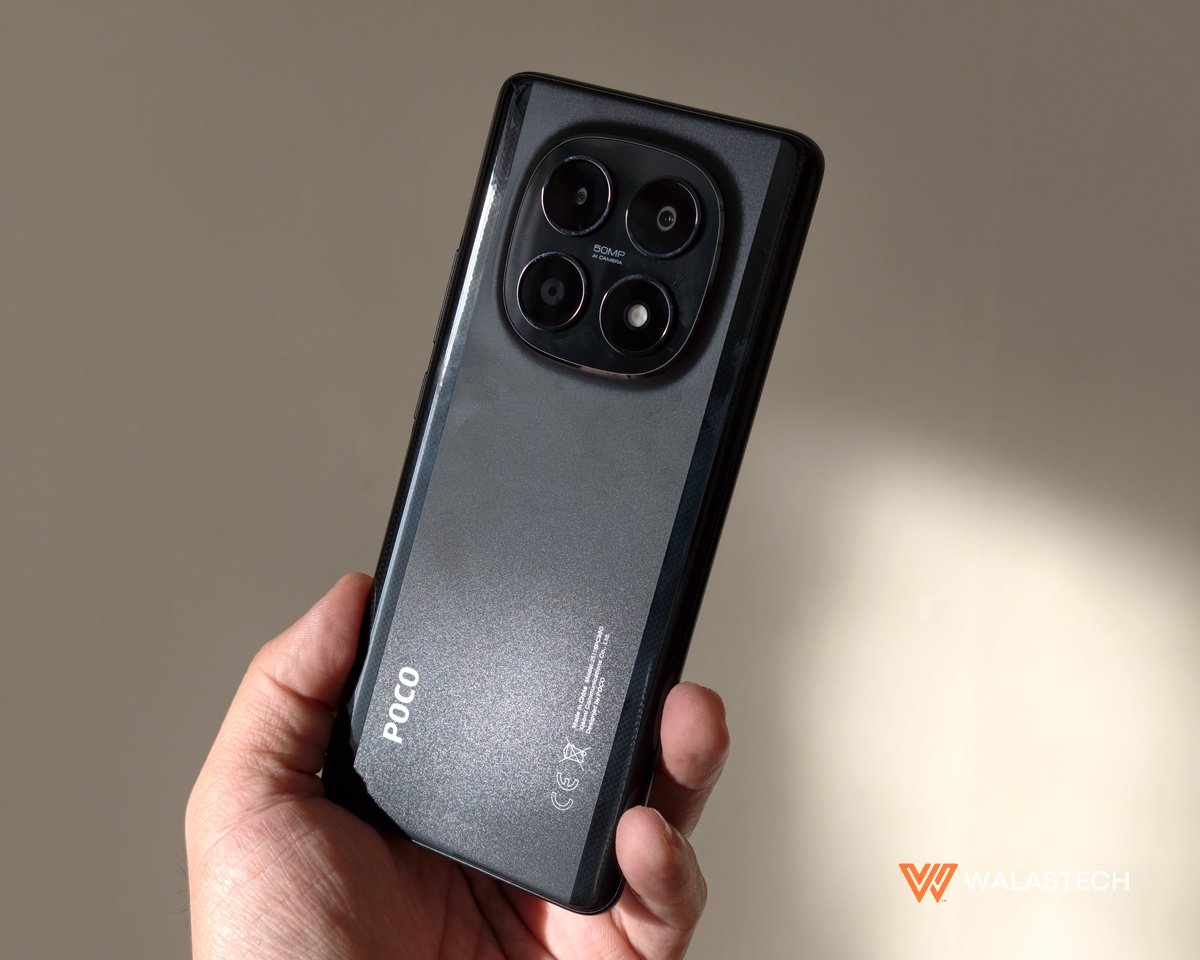
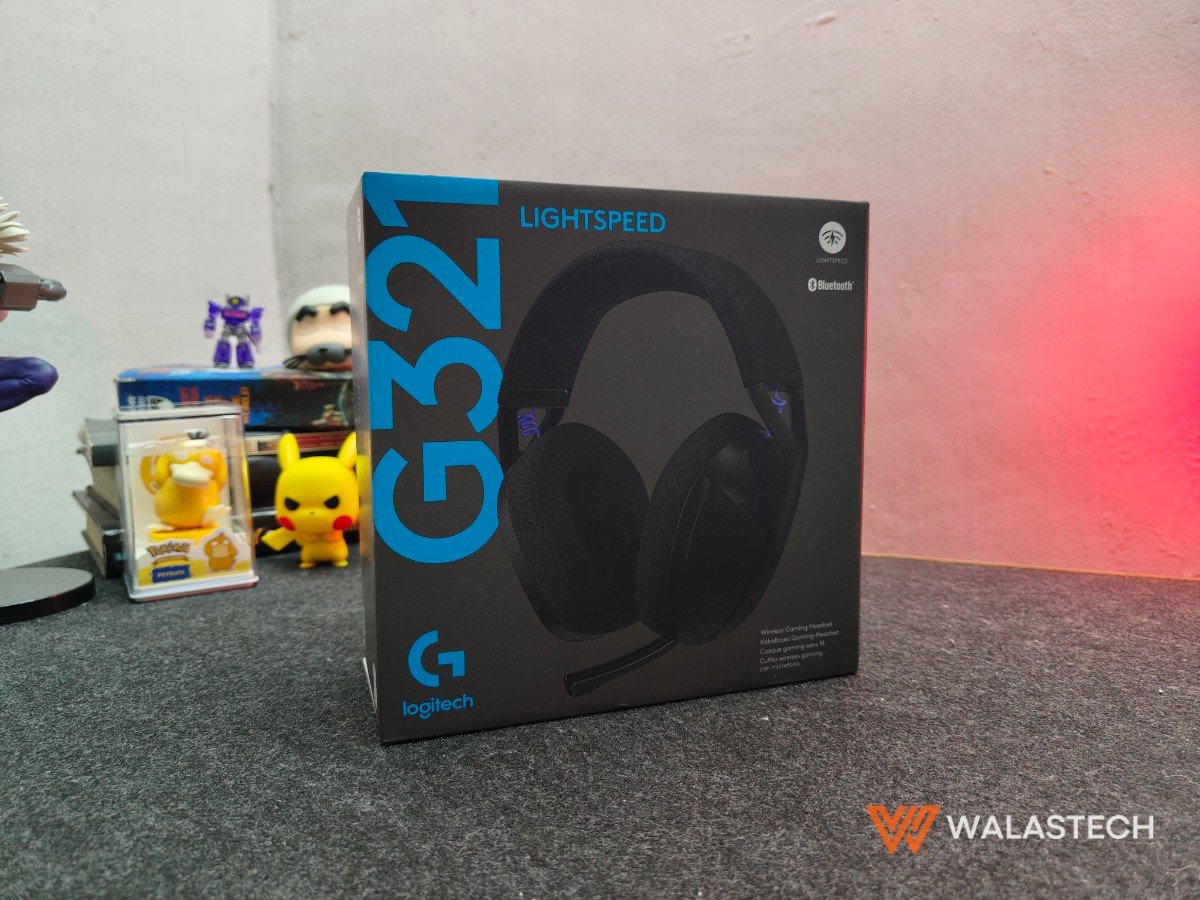


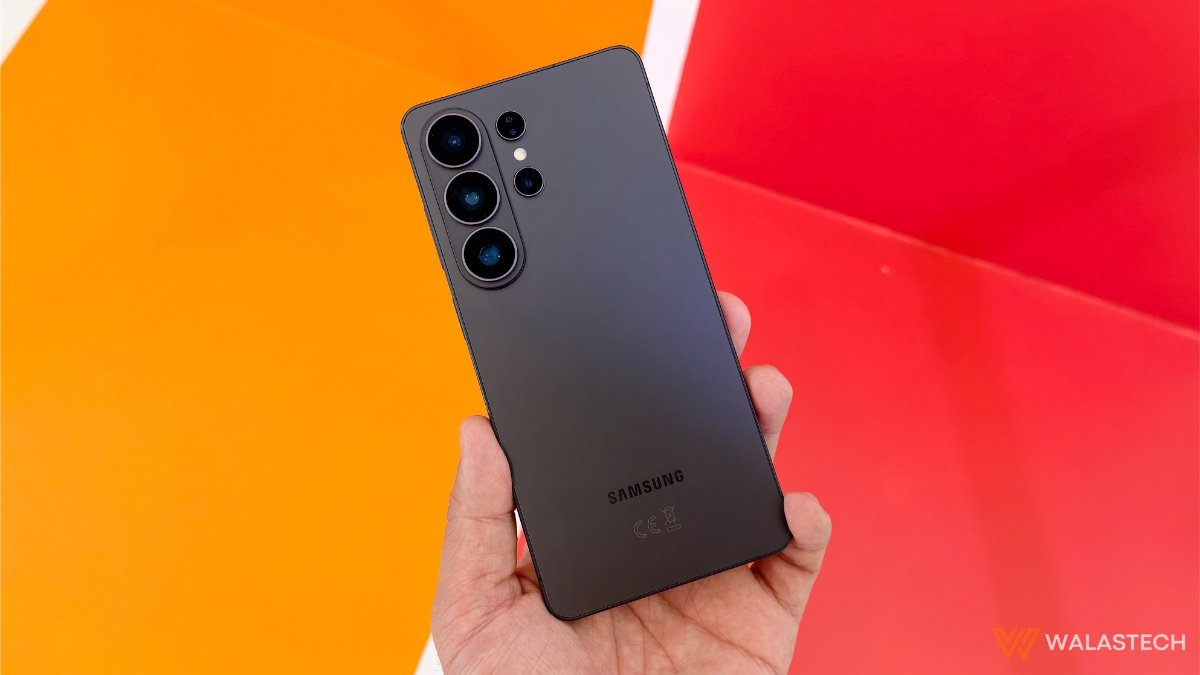








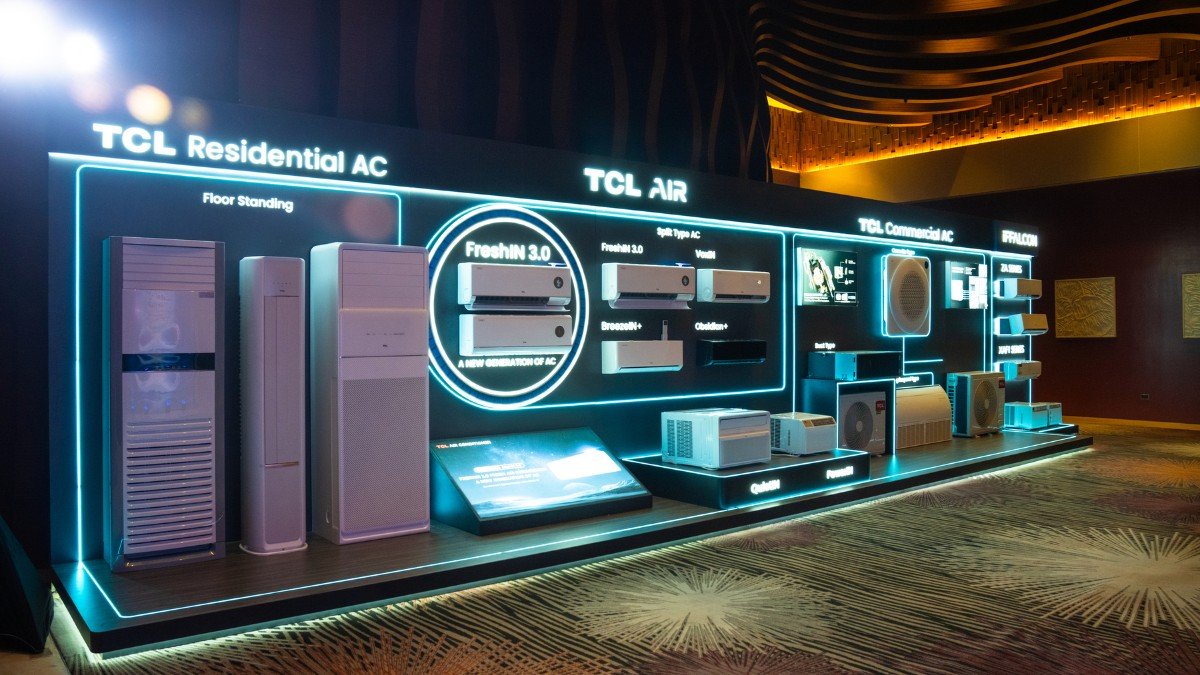





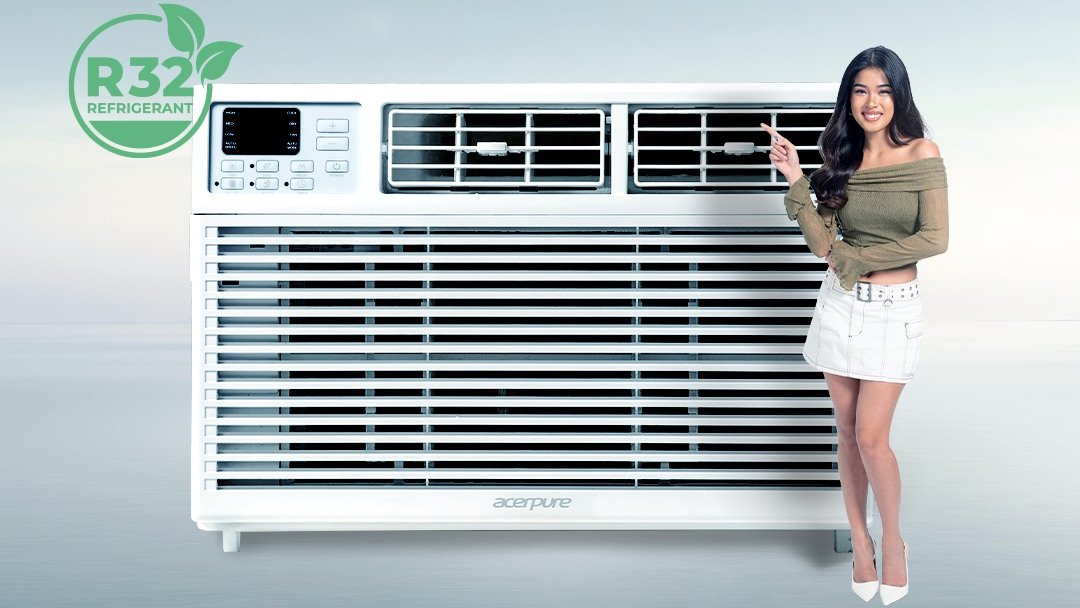
Leave a Reply